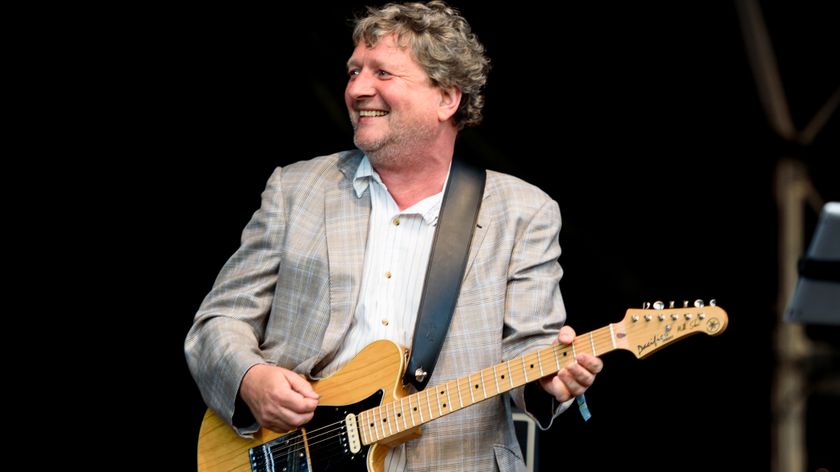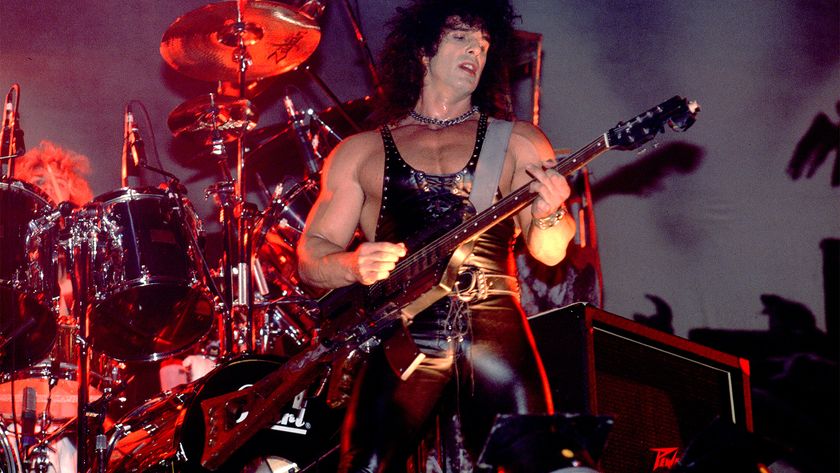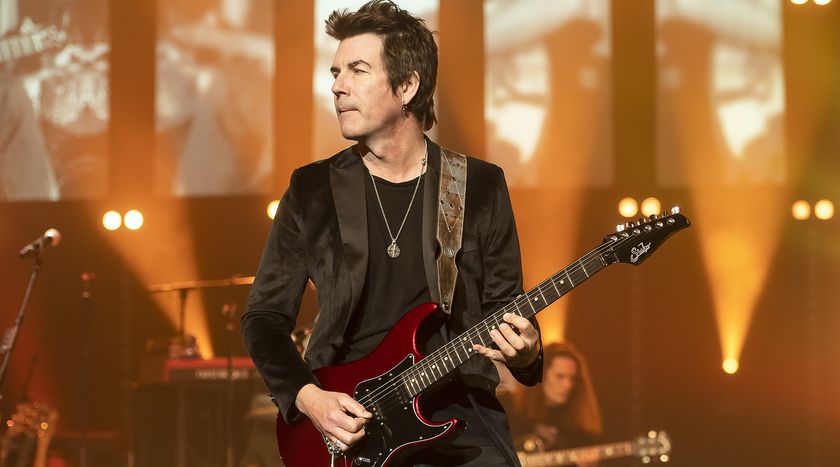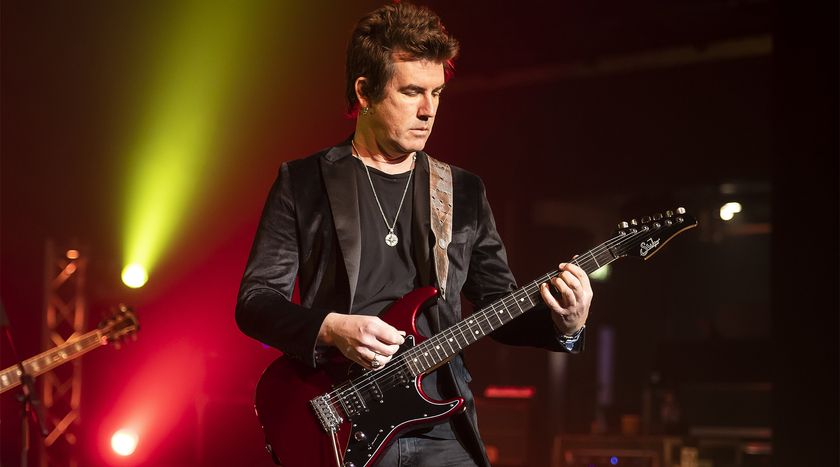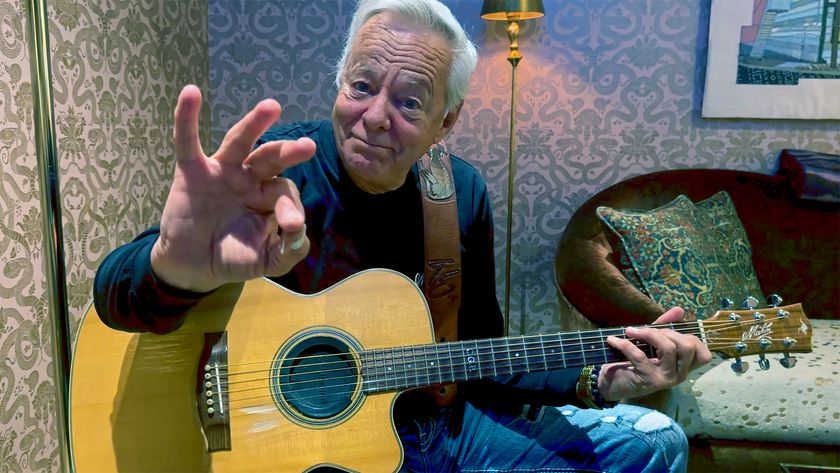Watch Johnny Winter’s Fiery “Highway 61 Revisited” Performance With Derek Trucks
Perhaps no track demonstrates his furious slide work as well as this cover of the Bob Dylan classic

As surely as Robert Johnson lived the blues, Johnny Winter spent his life in them.
Born albino, Winter discovered early in life that some cultures considered albinos gods, while others abused and ostracized them. It was between these two extremes that Winter found himself throughout his life.
Blessed with talent, he blew minds with his fiery guitar work and had major labels falling over themselves to sign him. He helped advance electric blues into arenas in the late 1960s and early ’70s.
Blessed with talent, he blew minds with his fiery guitar work and had major labels falling over themselves to sign him
But his career, while marked by flashes of brilliance, was marred by greedy managers, drug addiction and an industry that came to view him as an oddity. What remained through it all was his worship of blues.
Born in Beaumont, Texas, in 1944, Winter began playing guitar at age 11, inspired by blues artists like Muddy Waters and B.B. King. After cutting his first record at 15, he was stuck on a music career.
“That was the most exciting time,” he recalled in 2008. “I made my first record and I started playing in nightclubs, and I had my first drink. All the stuff was brand new, and you could be driving to the gig and hear your record on the radio.”
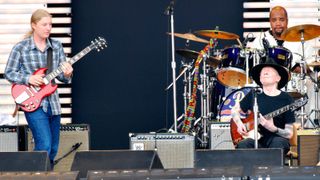
Winter played clubs throughout Houston and Austin, impressing electric-blues fans with his guitar work, an incendiary meld of rock and blues chops unlike anything heard before.
Winter was soon under contract to Columbia for what was reportedly the largest advance in the recording industry’s history at that time: $600,000
His break came in December 1968 when he was featured in a Rolling Stone story about the Texas music scene. Major labels came calling, and Winter was soon under contract to Columbia for what was reportedly the largest advance in the recording industry’s history at that time: $600,000.
Soon after, he released Johnny Winter and Second Winter, each helping to establish him as a formidable talent.
As a child, Winter had dreamed of playing with Muddy Waters. He got his chance in 1974 when he and other young blues guitarists joined together in concert with older artists from the Chicago blues scene.
Winter went on to produce a quartet of albums for Waters, earning the elder bluesman Grammy awards and giving his career a well-deserved boost.
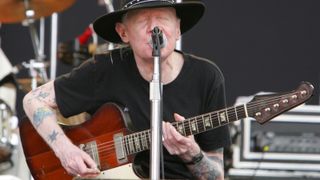
Sadly, Winters’ own career suffered over the years. A pair of former managers capitalized on his earlier recordings, earning money from them while Johnny never saw a penny. He dealt with heroin addiction in the 1970s and suffered health ailments in his later years.
He hit his stride again in the 1980s, recording for Alligator Records, and by the mid ’90s he was focused more on performing, where he showed that he’d not lost one bit of his brilliance. A stunning slide player, Winter used a metal slide cut from a pipe purchased at a plumbing supply store.
For me, blues is a necessity
Johnny Winter
Perhaps no track demonstrates his furious slide work as well as his cover of Bob Dylan’s “Highway 61 Revisited,” from Second Winter.
He played many guitars throughout his career but favored Gibson Firebirds, in particular a 1963 Firebird V.
“That first one I ever bought is my favorite because I’ve played it so long and I’ve gotten used to it,” he said. “There’s nothing it can’t do.”
When it came to playing the blues, you could say the same about Johnny Winter. “It’s a living music,” he once said of the genre. “For me, blues is a necessity.”
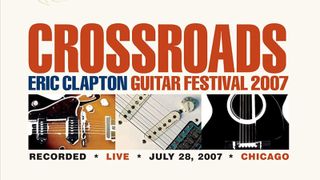
Order Crossroads Guitar Festival 2007 here.
Get The Pick Newsletter
All the latest guitar news, interviews, lessons, reviews, deals and more, direct to your inbox!
Guitar Player is the world’s most comprehensive, trusted and insightful guitar publication for passionate guitarists and active musicians of all ages. Guitar Player magazine is published 13 times a year in print and digital formats. The magazine was established in 1967 and is the world's oldest guitar magazine. When "Guitar Player Staff" is credited as the author, it's usually because more than one author on the team has created the story.
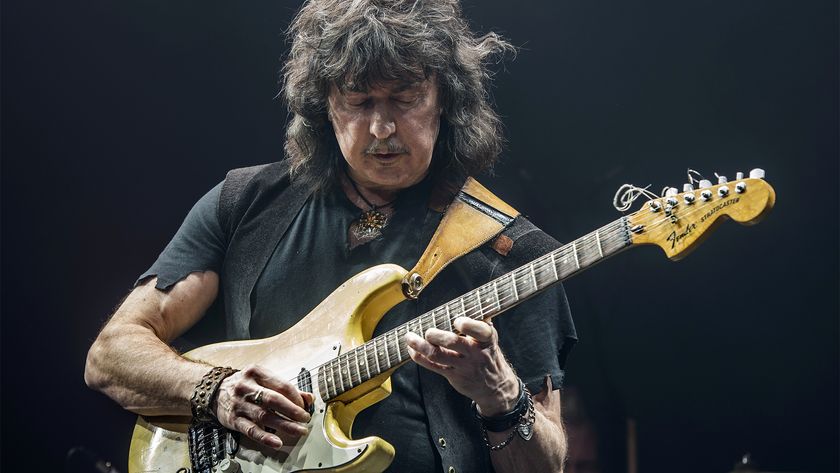
"Ritchie has actually been told by his cardiologist not to get in a plane." Ritchie Blackmore suffered a heart attack a year and a half year ago and has been warned not to travel by air
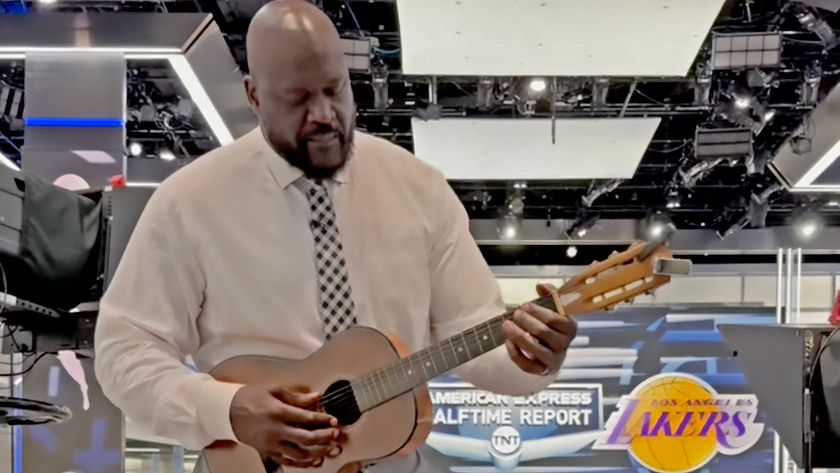
“Yes, I can do it all.” Shaquille O’Neal stuns fans by playing a Three Days Grace song on an acoustic guitar. Or is it a ukulele?
